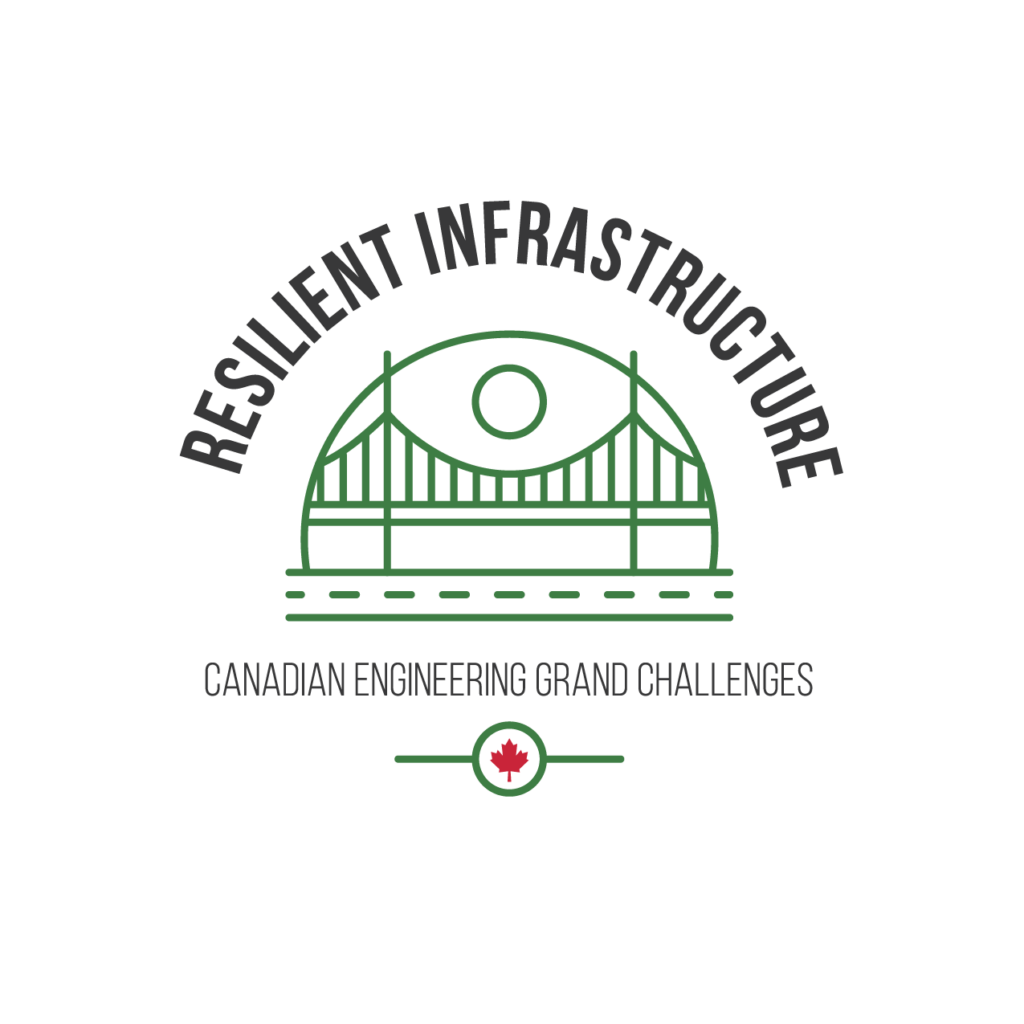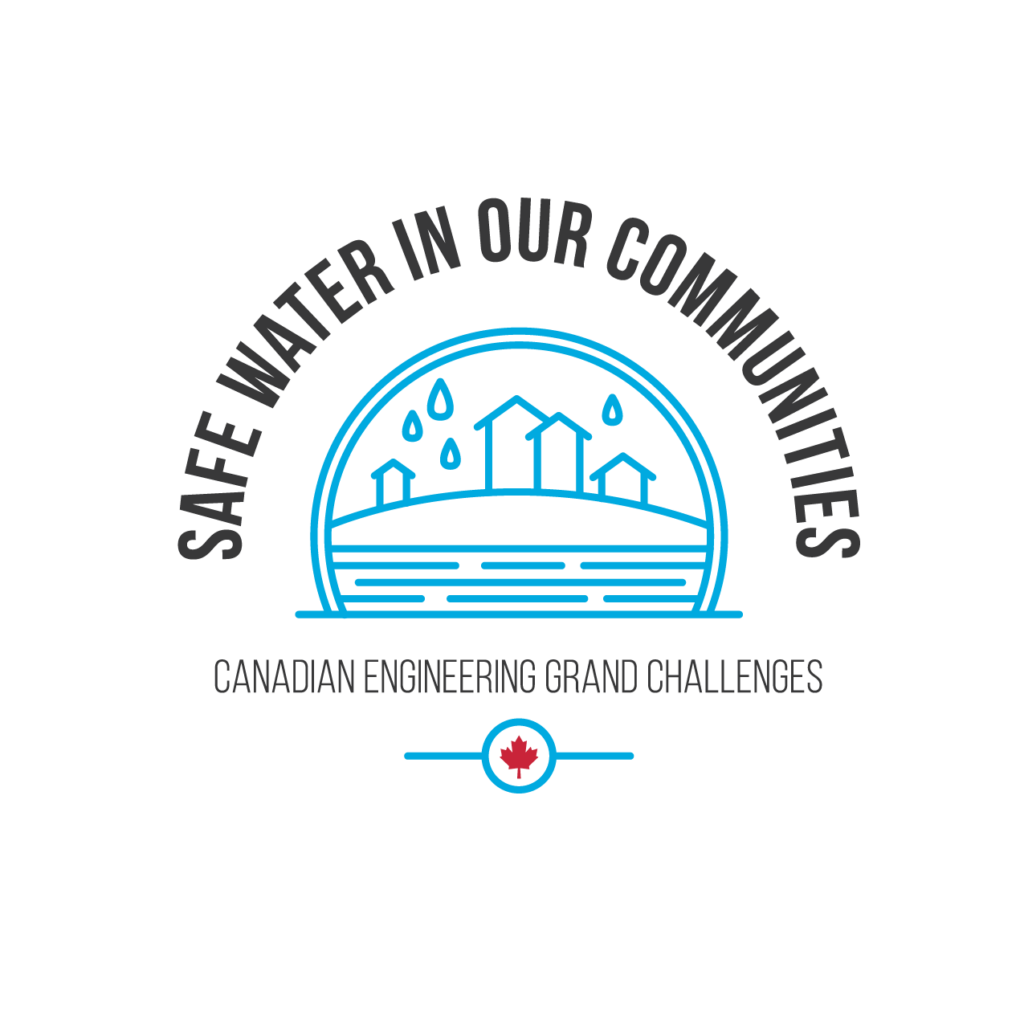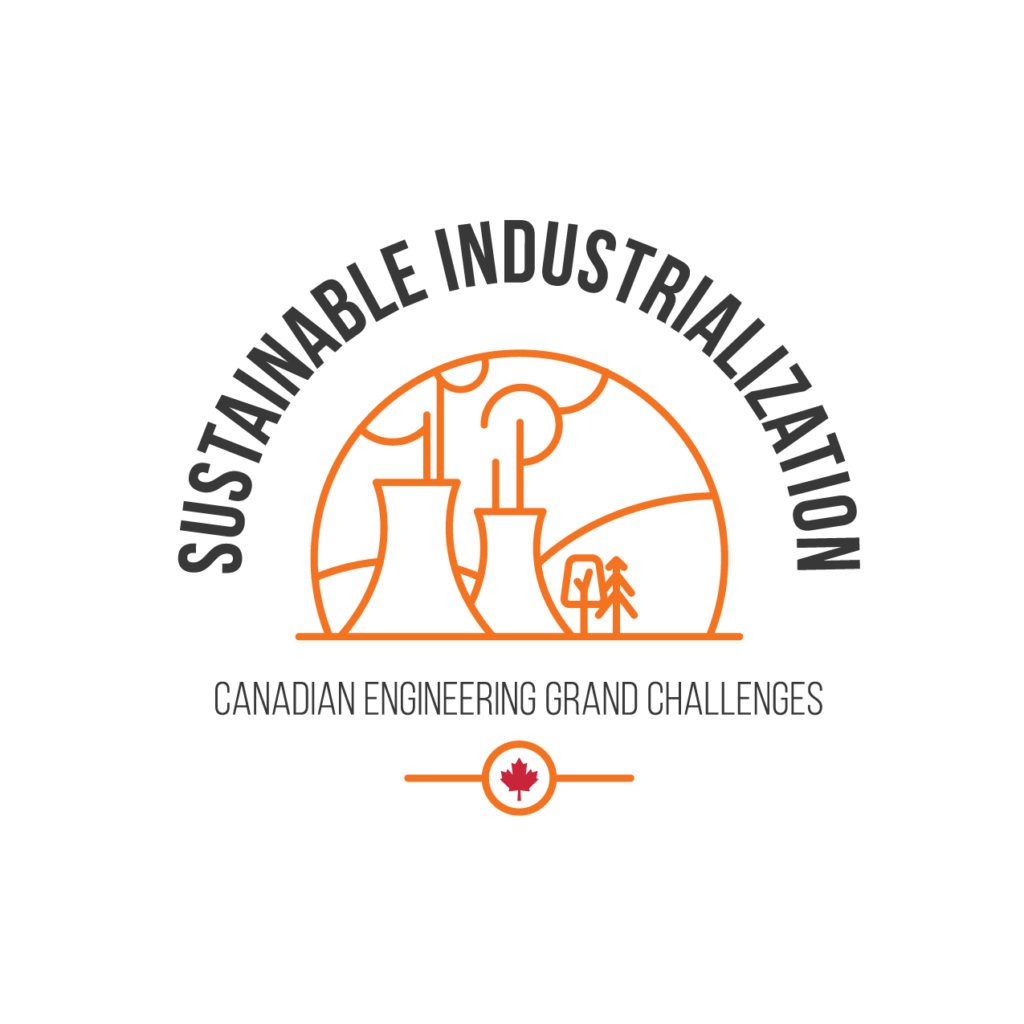
The United Nations’ Transforming Our World: The 2030 Agenda for Sustainable Development is one of the most ambitious and important global agreements in recent history. The agenda, with the 17 Sustainable Development Goals at its core, is a guide to tackling the world’s most pressing challenges – including ending poverty and bringing economic prosperity, social inclusion and environmental sustainability to all people by 2030.
The Sustainable Development Goals cover a wide range of complex social, economic, and environmental challenges and education, research, innovation and leadership will be essential in helping society address these challenges. Universities, with their broad remit around the creation and dissemination of knowledge and their unique position within society, have a critical role to play in the achievement of the Sustainable Development Goals.
Recognizing the critical role that engineers play as technological leaders and stewards, the Canadian Engineering Profession and Engineering Deans Canada believe that the profession has a pressing responsibility to address these challenges with urgency. As a result, Engineering Deans Canada used the United Nations’ Sustainable Development Goals as a guide to identify the top priorities for the Canadian engineering community to address over the next decade.
These priority areas are the Canadian Engineering Grand Challenges.

Infrastructure is key for a prosperous Canada. When fit for purpose it enables economic productivity; supports a healthy lifestyle and can address issues of social inequality. Infrastructure in Canada is most at risk due to climate change. Coastal communities rely on the management of climate risks on essential infrastructure that is reaching or exceeding its useful life. The consequence of damage and failures to infrastructure and buildings increases due to the changing stresses from climate change. When infrastructure fails it can disrupt everything from homes to businesses. The dependency relationship between infrastructure and other areas is a key issue when it comes to risks facing Canada.

Energy is a critically important facet of the Canadian social and economic landscape. Due to its climactic conditions and relatively sparse landscape, Canadian residents and industries consume significant amounts of energy. Canada’s energy sector is also a substantial driver of the Canadian economy, contributing to over 11% to the national the gross domestic product. Ensuring that future energy systems will be clean, safe, reliable, accessible and affordable for all Canadians is a key issue.

Water is life. Provision of safe water is a basic human right. Issues of flooding, water scarcity, and invasive biological contaminants threaten the provision of safe water to communities and are further heightened through climate change.
While Canada has an abundance of water its freshwater systems are under significant strain due to climate change, aging infrastructure and contamination. Also, the provision of safe water continues to be delivered, but there are significant challenges for small urban and Indigenous communities.

Cities are home to over 80% of Canadians – and are the arenas where many of Canada’s toughest environmental and socio-economic challenges play out. Complex environmental stresses, including climate change and global biodiversity loss, among others, intersect with social challenges of widening inequality, and changing demographics. The ‘design’ of cities has substantial impacts on human health, linked to auto-dependent lifestyles. Addressing these challenges will necessitate changes to the ways that engineers participate in the planning of urban infrastructure and the development of urban technologies more broadly.

Inclusive and sustainable industrial development depends on achieving long-term economic prosperity from industrial activities while minimizing resource use and safeguarding our natural environment. Inclusive industrialization ensures that industrial development in Canada and internationally offers equal opportunities to everyone and ensures an equitable distribution of the benefits from industrialization. Technological progress is vital in this process and can mobilize and contribute to the energy-efficiency of our industries and minimize the use of our natural resources or waste generated.

Although engineering education in Canada has grown substantially over the past 165 years, female enrollment in engineering programs persists at 20 percent despite focused efforts to close the gender gap over the past decade. Also, Indigenous peoples are significantly underrepresented in Canadian engineering programs; Indigenous peoples make up 4.9 per cent of the Canadian population but only account for 1.2 per cent of total undergraduate enrollment in engineering programs. Diversity in education and the workforce would significantly contribute to economic growth; diversity of thought will benefit future innovation.

